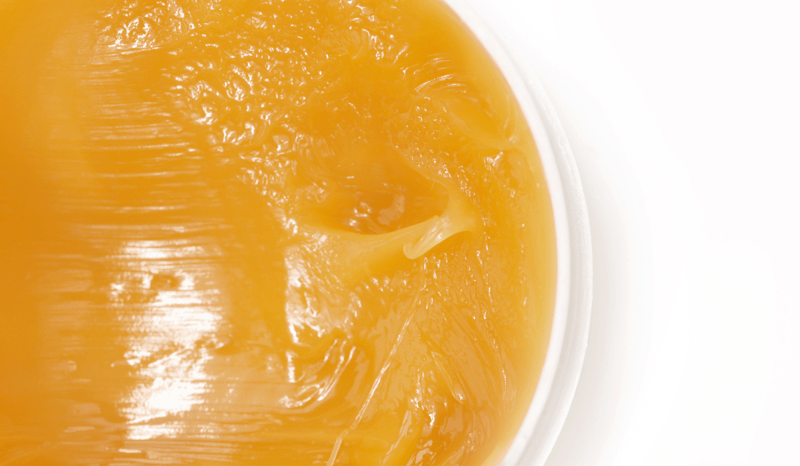
Discover the hidden animal ingredients lurking in the products you use every day—from makeup and skincare to snacks, cleaning supplies, and even clothing.
Many everyday products—makeup, skincare, cleaning sprays, candies, perfumes, and even clothing—contain animal-derived ingredients that often go unnoticed. What appears harmless in a bottle, tube, or fabric may actually be sourced from animals in ways you might not expect. From bright red dyes to moisturizing compounds and protein additives, these substances are present in products we use daily, often without our knowledge.
1. Carmine (or Cochineal Extract)
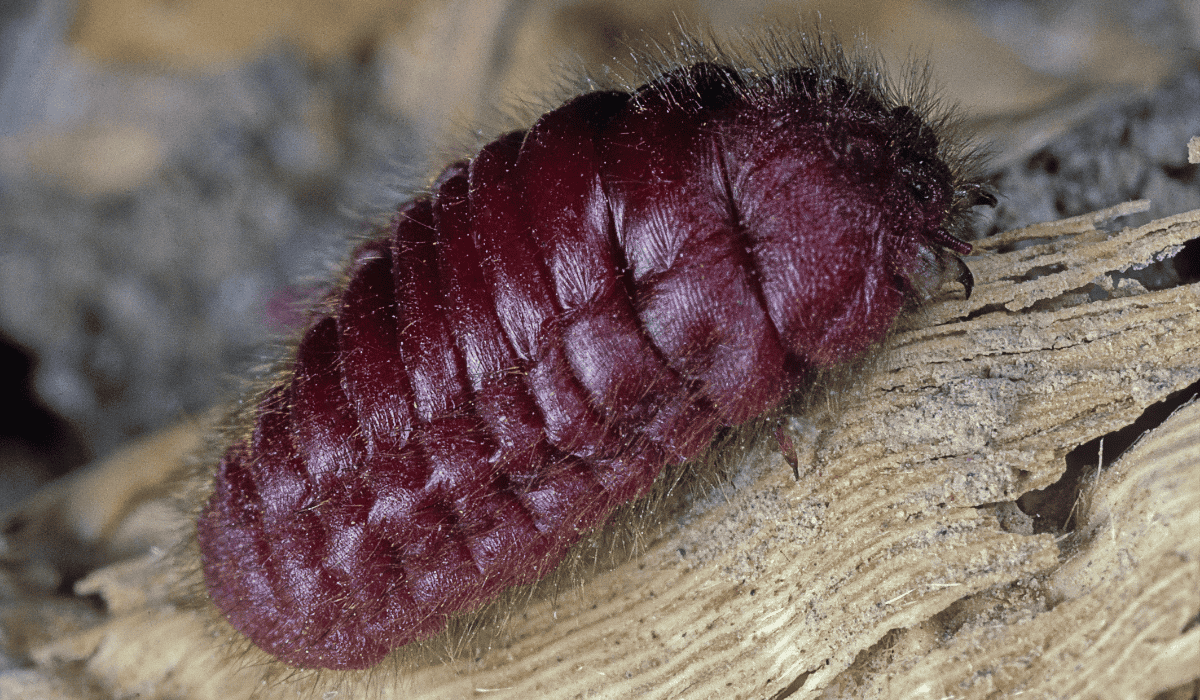
A cochineal insect.
Bright red, vibrant, and eye-catching, carmine is made from crushed cochineal insects. You’ll find it in:
- Lipsticks, blushes, and eyeshadows
- Yogurts, juices, candies, and jellies
- Some clothing dyes and textiles
Easy tip: Look for products labeled vegan or plant-based. Beet-based or fruit-derived dyes are your cruelty-free alternatives.
2. Lanolin

Lanolin comes from sheep’s wool and is used to lock in moisture. It appears in:
- Lotions, creams, lip balms, and shampoos
- Leather conditioners and shoe polishes
- Some fabric softeners
Easy tip: Try plant-based oils like coconut, jojoba, or shea butter for soft skin and hair without harming animals.
3. Gelatin
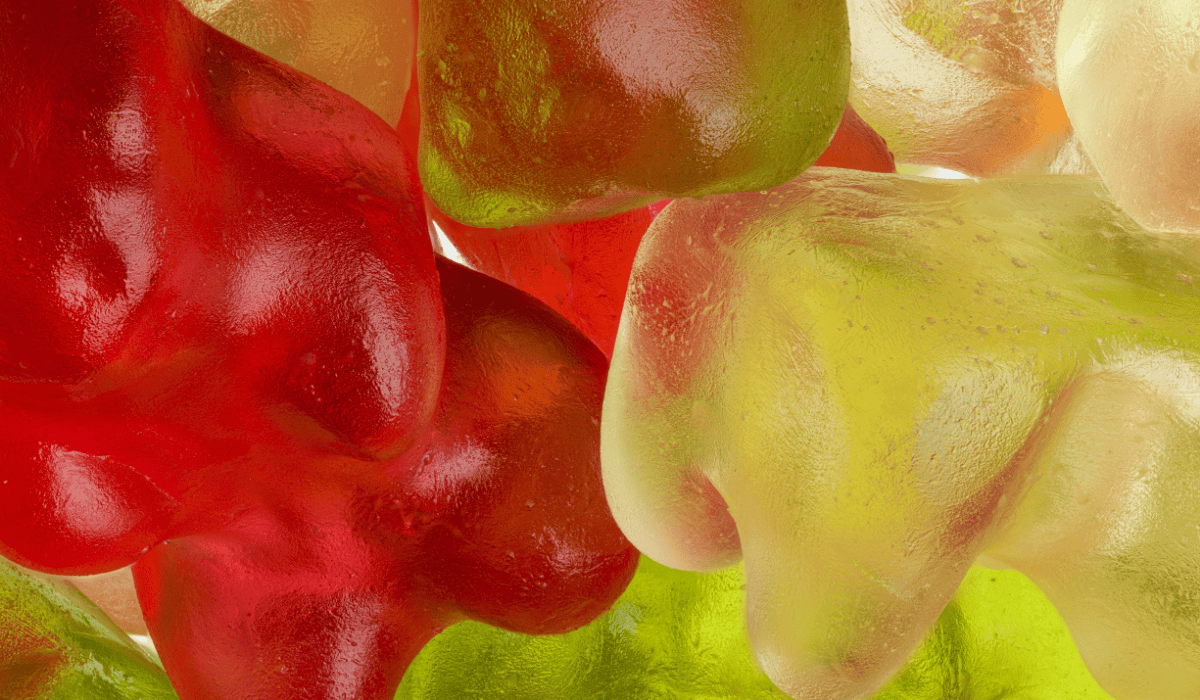
Gelatin is boiled bones, skin, and connective tissue from cows, pigs, or fish. It’s found in:
- Gummy candies, marshmallows, and jellies
- Capsule medicines and vitamins
- Some yogurt or dessert toppings
Easy tip: Agar-agar, pectin, or carrageenan are plant-based alternatives that deliver the same chewy or gelled texture.
4. Beeswax and Honey
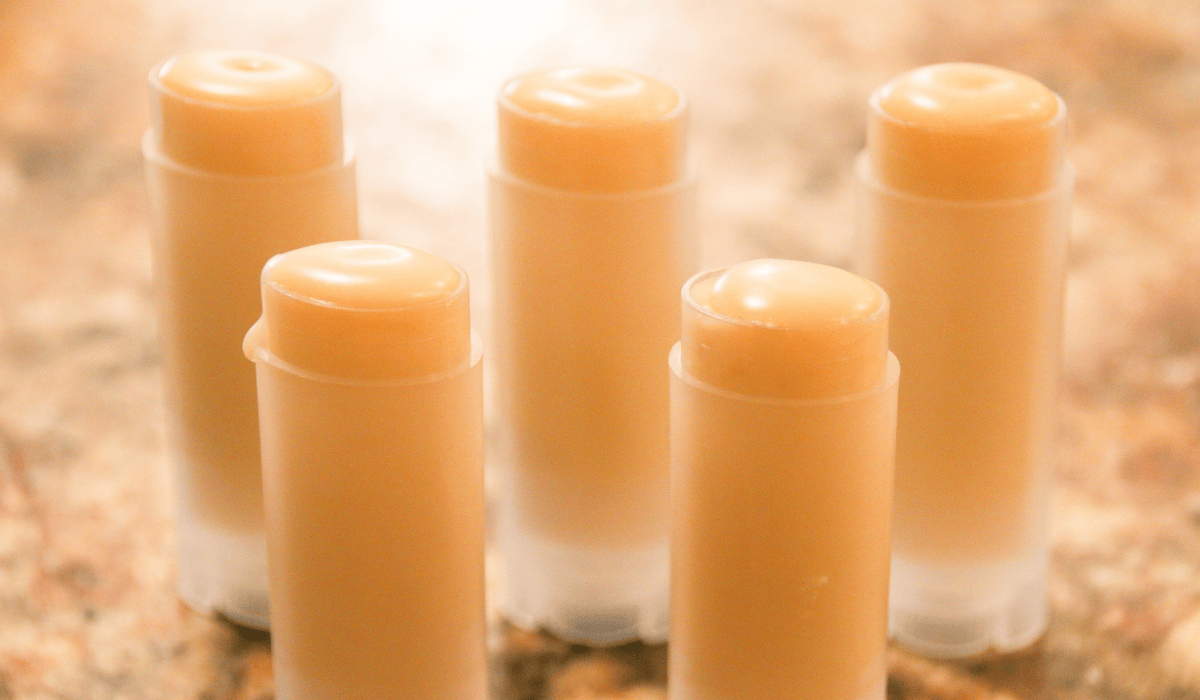
Beeswax and honey seem sweet and harmless, but they can exploit bees in large-scale production. They’re used in:
- Lip balms, lotions, and candles
- Hair pomades and glosses
- Certain snacks, candies, and baked goods
Easy tip: Vegan alternatives like candelilla wax, rice bran wax, or maple syrup are excellent substitutes.
5. Shellac
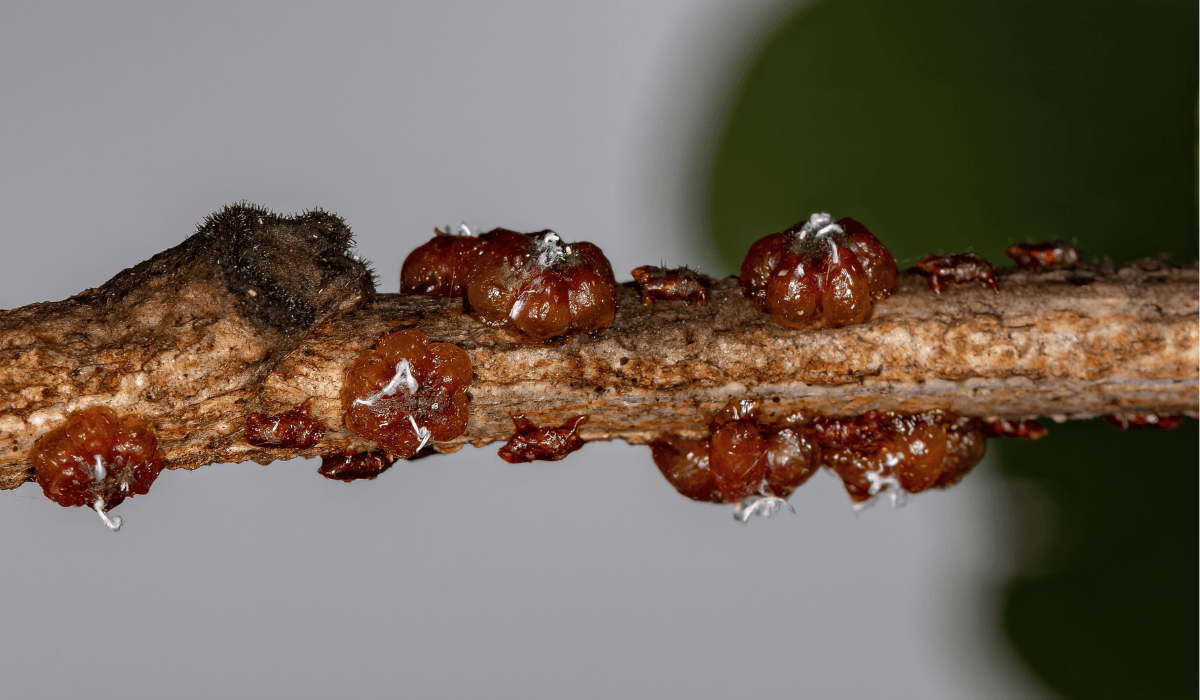
Lac bugs.
Shiny and glossy, shellac comes from the secretions of the lac bug. You’ll find it in:
- Nail polishes and cosmetics
- Candy coatings and fruit glazes
- Some wood finishes and varnishes
Easy tip: Look for vegan nail polishes, plant-based candies, and shellac-free home finishes to skip the bug-based gloss.
6. Casein
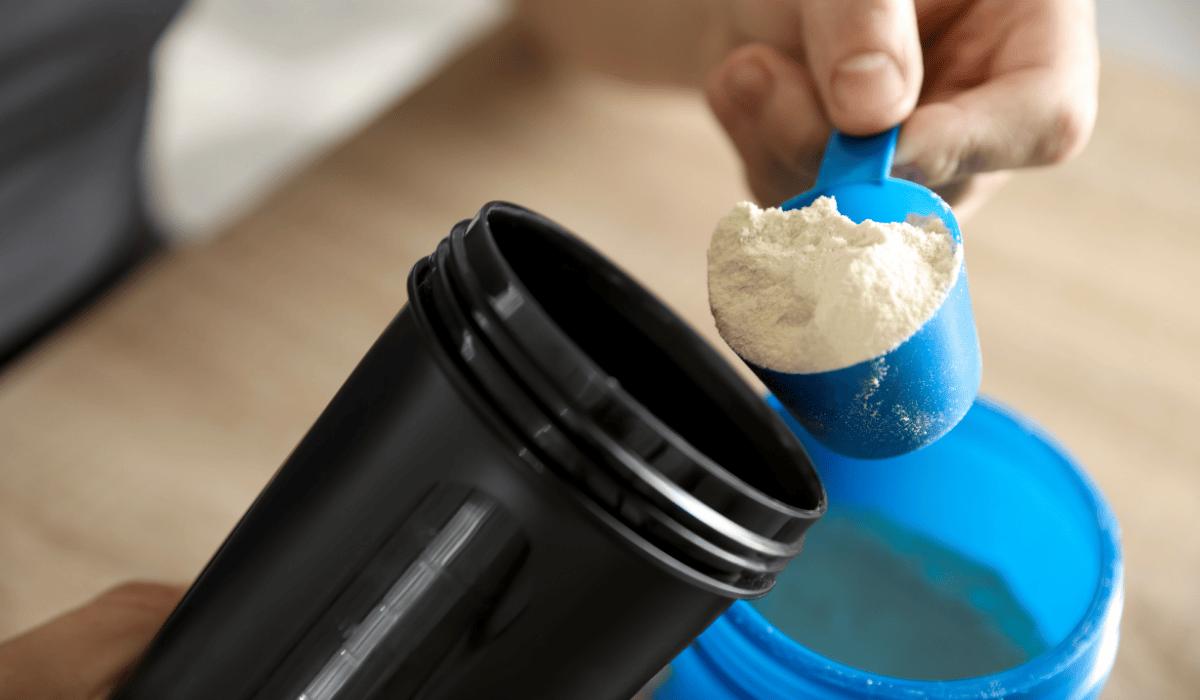
Casein is a protein derived from milk, and it hides in unexpected places like:
- Cheeses (including some labeled “dairy-free”), protein powders, and processed foods
- Hair care products, adhesives, and some paints
- Leather finishes and textiles
Easy tip: Plant-based cheeses and vegan glues are cruelty-free alternatives.
7. Carmine and Tallow in Clothing
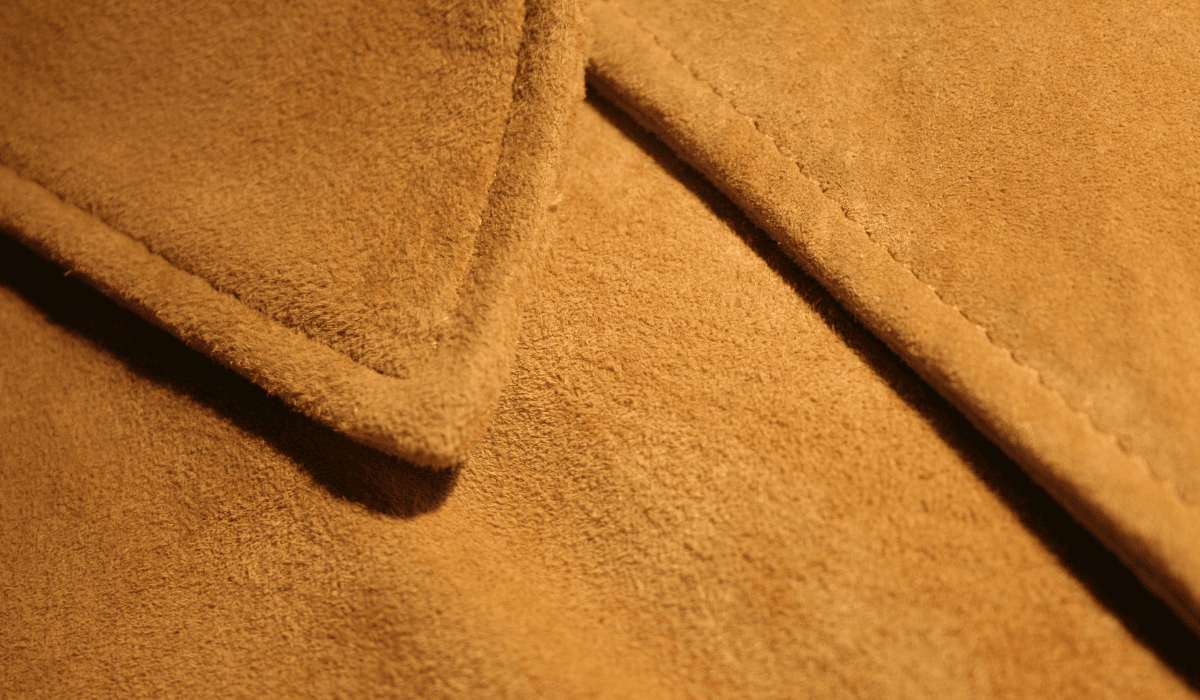
Animal-derived fats and dyes appear in clothing, too:
- Leather, suede, and wool products
- Shoe polishes and waterproofing treatments
- Certain dyes for fabrics and threads
Easy tip: Vegan leather, synthetic dyes, and plant-based fabrics allow you to stay stylish without harming animals.
8. Ambergris and Musk in Perfume
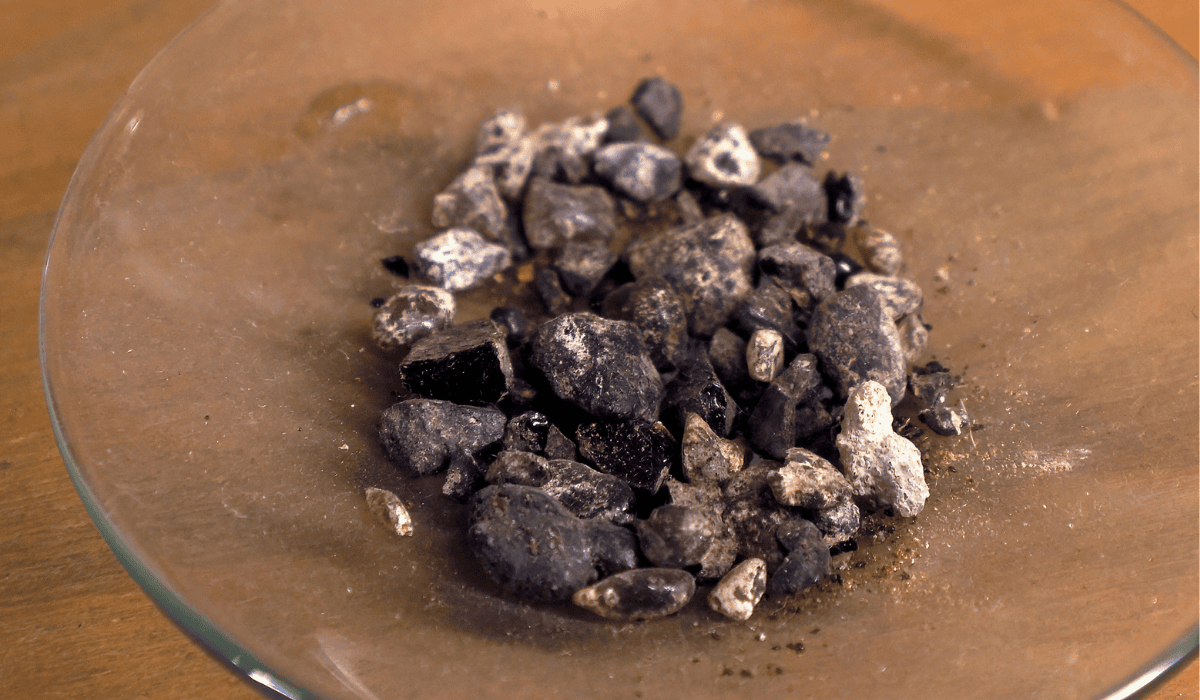
Ambergris.
Some perfumes are not as enchanting as they seem. Traditional scents sometimes contain:
Easy tip: Choose vegan fragrances or essential oil-based perfumes to enjoy enchanting scents without harming animals.
Why It Matters
Even if you don’t identify as vegan, knowing where animal ingredients hide helps you make informed choices. Every time we choose a cruelty-free item over one that harms animals, we send a message of kindness.
Conscious Shopping
- Check labels carefully.
- Ask brands about hidden ingredients.
- Support companies committed to cruelty-free products. (They often have labels on packaging!)
Your everyday purchasing choices carry tremendous weight for animals. With just a little intention, you can ensure the products you bring into your life are free from cruelty—helping to protect animals, support compassionate companies, and create a kinder world with every purchase.
Donate to World Animal Protection and help us create a world where animals are free from exploitation. Forever.